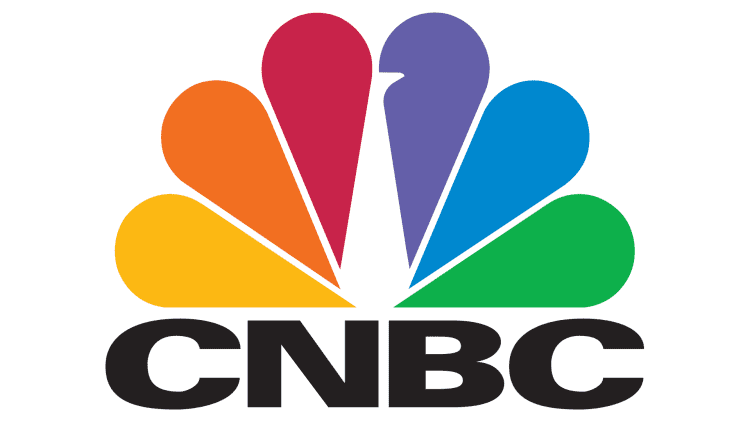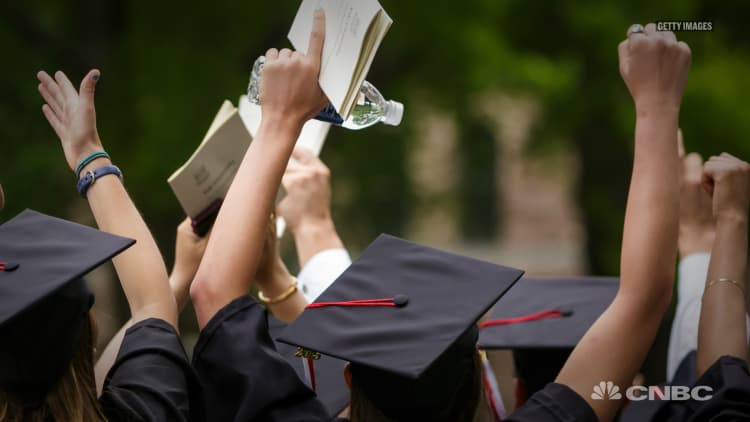A massive college cheating scandal made headlines last week when federal prosecutors brought charges against 50 people involved in a scheme in which wealthy parents spent millions to help get their children into prestigious universities.
The scheme brought attention to the many ways — both legal and illegal — wealthy parents give their children advantages in the college application process.
According to a USA TODAY/Suffolk University Poll of 1,000 registered voters conducted between March 13th and 17th, fewer than one in five Americans believe the college admissions process is "generally fair." About 67 percent of respondents said that the current college application and admissions process "favors the rich and powerful."
"Respondents in the poll are saying money talks, and they don't like it," David Paleologos, director of the Suffolk Political Research Center tells USA Today. "Across all demographics, Americans find college admissions unfairly favor the wealthy and the well-connected."
Those suspicions are supported by academic research. Researchers have repeatedly found that wealthy students do enjoy significant advantages in the college admissions process.
Wealthy students are more likely to attend high schools with a significant number of AP classes, more likely to have access to tutors, more likely to have taken standardized test preparation classes and more likely to have taken standardized tests like the SAT more than once. These students are also more likely to participate in costly extra-curricular activities that can give them an edge in the admissions process, like playing club sports or an orchestral instrument.
Even the ability to pay the full tuition price — instead of relying on scholarship funds or financial aid — gives wealthy students an advantage in the admissions process at schools that are not need-blind.
These advantages lead to unequal admissions outcomes for rich and poor students — especially at elite institutions. According to Harvard economist Raj Chetty, students from the top 1 percent of households are 77 times more likely to be admitted to and attend an Ivy League school than students from families who make less than $30,000 a year.
"The FBI said this scheme amounts to a 'rigged system,' but the truth is that the whole system of college admissions is rigged in favor of the wealthy," Richard V. Reeves, senior fellow of Economic Studies and co-director of the Center on Children and Families at the Brookings Institute, tells CNBC Make It. "Most of the colleges targeted by the scheme take more students from families in the top 1 percent of the distribution than from the whole bottom half of the income ladder."
Reeves points to tools that affluent families use to give their children an advantage, like leveraging legacy status and giving large charitable donations which, while legal, provide an advantage it's impossible for lower- and middle-class students to compete with.
The USA TODAY/Suffolk University Poll found that Americans believe these kinds of advantages that colleges and universities afford to rich students are "not acceptable." An overwhelming 83 percent of respondents said it was not acceptable for students to get special treatment because a parent or relative gave large sums of money to a school.
The poll also found that 64 percent of Americans oppose special treatment for athletes and 63 percent oppose special treatment for the children of alumni.
Like this story? Subscribe to CNBC Make It on YouTube!
Don't miss:




